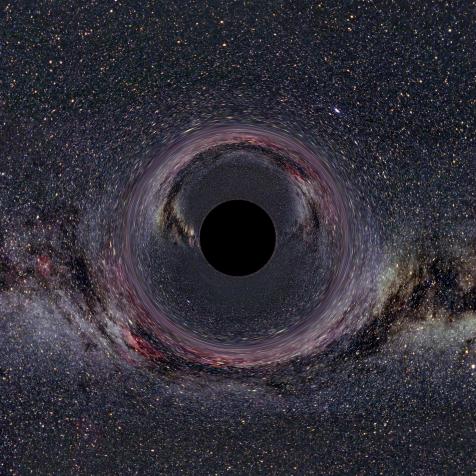
Shutterstock
Neuroscientists Found The Most Relaxing Song
Manage your stress with a perfect tune backed by science.
How do you manage stress? Maybe you blow off steam by going on a run, or practice the art of mindfulness with meditation or a yoga class. You might know that music therapy has proven effective in managing stress, but did you know that neuroscientists have determined the most relaxing song? Give it a listen in the video at the end of this article, then decide if you agree with their findings.
Listen and Chill
The song is "Weightless" by English ambient music band, Marconi Union. UK neuroscientists from Mindlab International conducted a study in which they instructed participants to solve difficult puzzles while they were attached to sensors. While the puzzles did their magic raising the participants' stress levels, the scientists measured their brain activity, heart rate, blood pressure, and breathing. Dr. David Lewis-Hodgson of Mindlab International explains to Inc. that "Weightless" "produced a greater state of relaxation than any other music tested to date," dropping participants' anxiety rate by 65 percent.
You're Getting Sleepy
How does this happen? As Lyz Cooper, founder of the British Academy of Sound Therapy, reports, "The song contains a sustaining rhythm that starts at 60 beats per minute and gradually slows to around 50. While listening, your heart rate gradually comes to match that beat." It's a phenomenon called "entrainment." This reduction in heart rate leads to a reduction in blood pressure.
Cooper says the gaps between notes "have been chosen to create a feeling of euphoria and comfort. And there is no repeating melody, which allows your brain to completely switch off because you are no longer trying to predict what is coming next." The song was actually created for the purpose of stress reduction. It was a collaboration between the band and a group of sound therapists. If you're into testing music therapy yourself, listen to Mindlab International's full playlist.
This article first appeared on Curiosity.com.


















